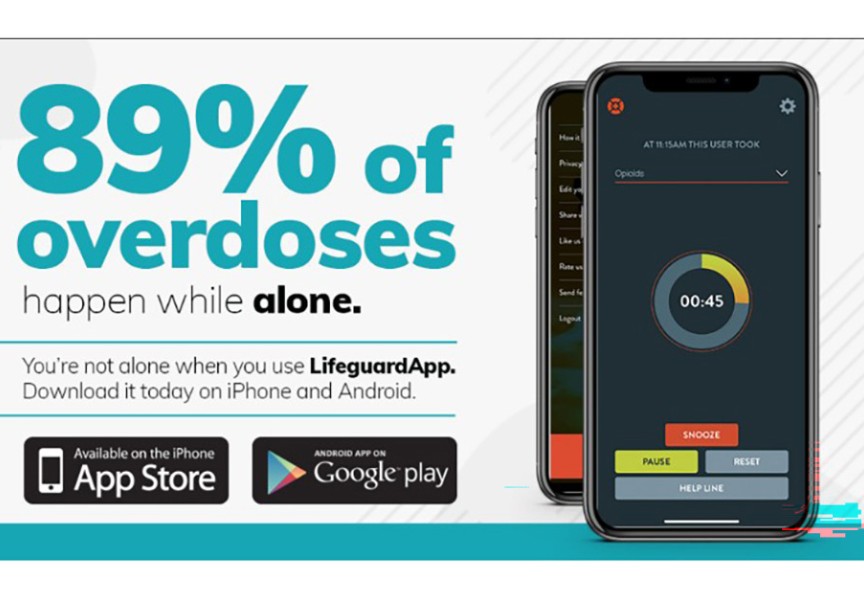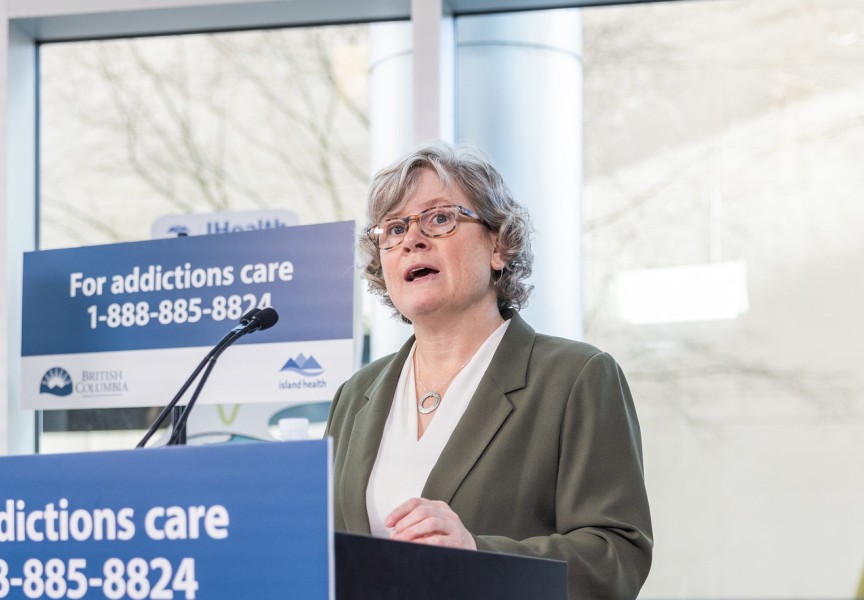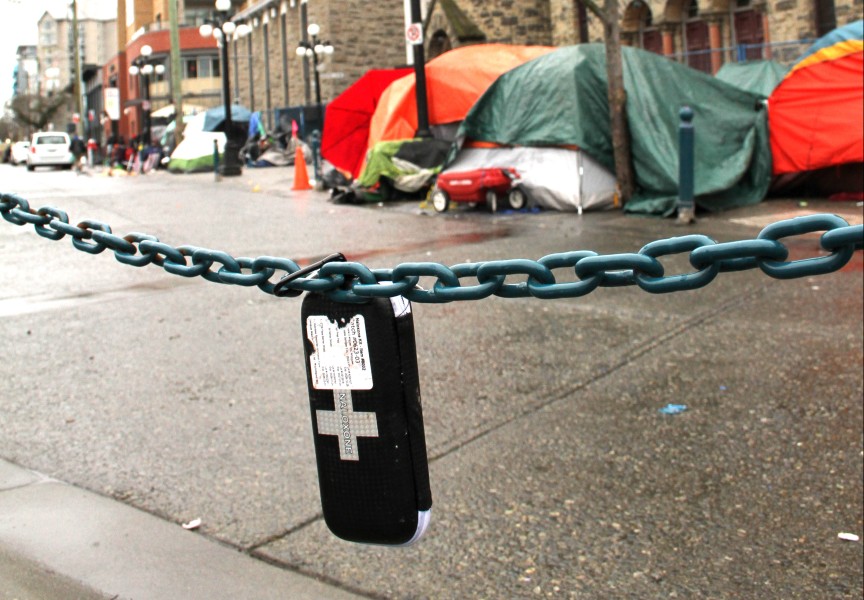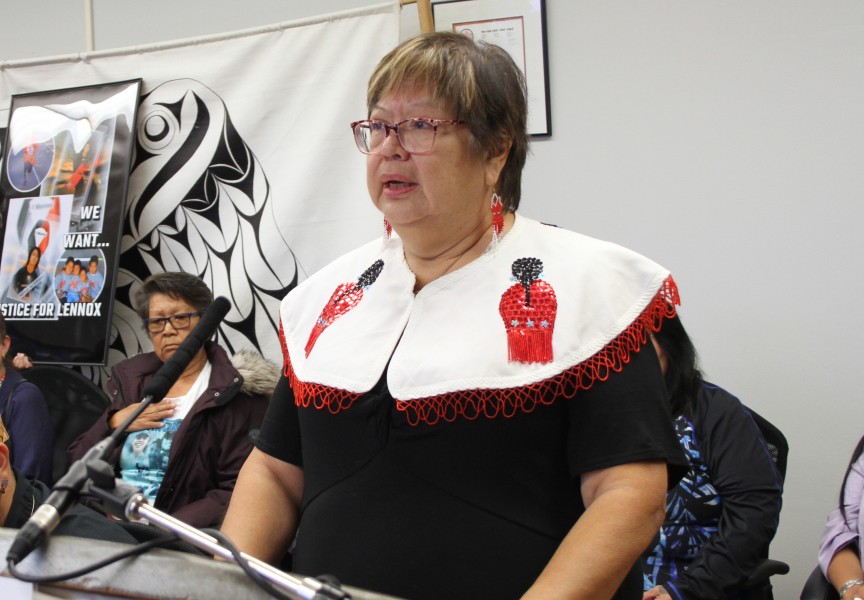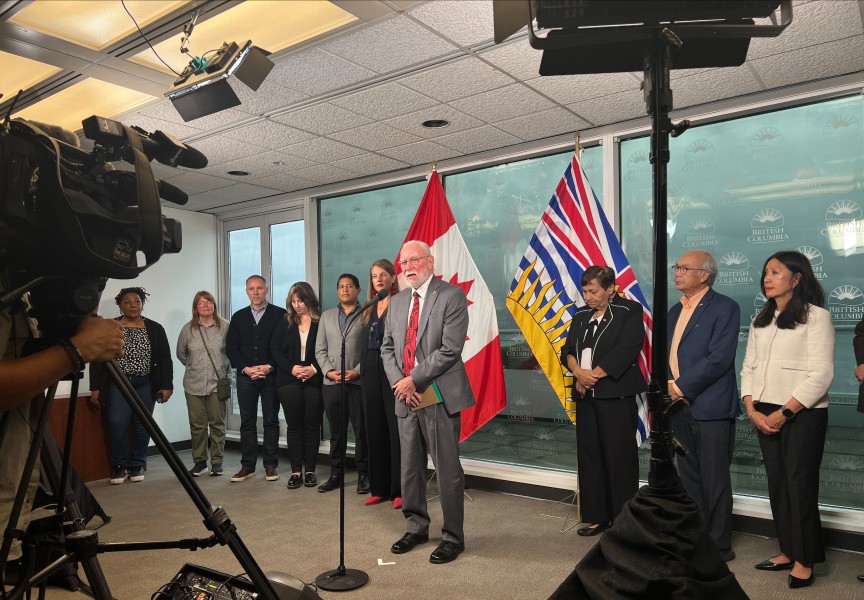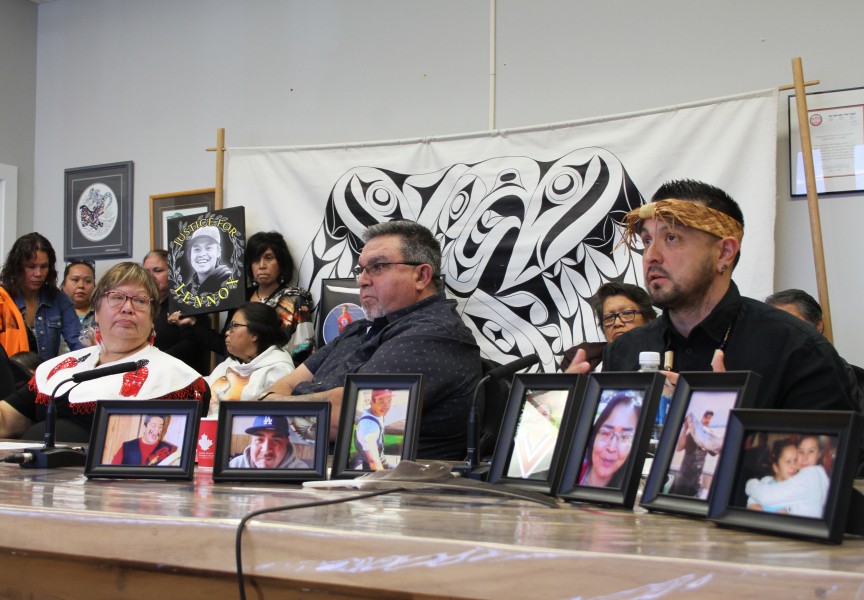On Jan. 31, 2023, the province of British Columbia decriminalized personal possession of some drugs, which would allot for 2.5 grams of opioid (heroin, morphine, and fentanyl), crack and powder cocaine, methamphetamine, and MDMA (ecstasy) for personal use, for a three year period.
The aim of the decriminalization project is to address B.C. toxic drug crisis by reducing stigmas and barriers associated with accessing life-saving services, reads the provincial website.
In response to the decriminalization project in B.C., some municipalities initiated the development of bylaws that would prohibit drug consumption in certain public places.
On Jan 26, 2023, Campbell River’s Public Nuisance Amendment Bylaw and Ticketing for Bylaw Offenses Amendment Bylaw, was adopted. Soon after, it was repealed (Feb 23, 2023), with a request that staff report back on further options.
A revised version of the Public Nuisance Amendment Bylaw has gone through two readings, and will be brought back to council in June, said the City of Campbell River. It will prohibit the public consumption of drugs 15-meters from certain public spaces, narrowing from the initial city-wide bylaw.
In the email to Ha-Shilth-Sa the City of Campbell River said that their intention with the implementation of the bylaw is to “foster a safe and comfortable environment so that people can use and enjoy public space.”
“Council hears feedback from residents, businesses, and visitors that the consumption of controlled substances in certain public locations creates discomfort, can result in unsafe and disruptive behaviors, and causes members of the public to avoid certain locations, which limits their participation in recreational and leisure activities,” reads the email.
This revised bylaw would prohibit the consumption of controlled substances within fifteen meters of any playground, sports field, tennis court, picnic shelter, water park, skate park, or covered bus shelter, and important locations to the City such as City Hall, the Community Centre, Sportplex, Spirit Square, Centennial building, Robert Ostler Park, the Library, Tidemark Theatre, Centennial Swimming Pool, the Museum, Maritime Heritage Centre, and the Discovery Fishing Pier, reads an email from the City of Campbell River.
“Staff acknowledge that some people may be of the view that the proposed amendment is about matters of public health. However, the purpose for the amendment is not in relation to public health, and staff are of the opinion that the amendment will not have an effect on or engage issues of public health,” reads City of Campbell River Report.
Pivot Legal Society challenged Campbell Rivers initial bylaws filing a petition with the BC Supreme Court on Feb 10, 2023.
“I think that there's far more concern and emphasis put on people's level of comfort, than there is with the actual lives of drug users and feeding into people’s stigma against drug users at direct cost to the lives of drug users,” said Caitlin Shane, a staff lawyer with Pivot Legal, when asked about municipalities' development of bylaws regarding public consumption of drugs.
“The idea with decriminalization is to counter the outcomes of criminalization,” she said.
Criminal sanction or bylaws, such as those that involve fines, will continue to drive people to use drugs underground which leads to fatal overdoses, said Shane.
She said that bylaws that prevent people from using drugs in public will most significantly impact the unhoused community, especially in communities where there are fewer services accessible to them.
“There is no evidence that BC’s decriminalization policy (or any decriminalization policy) will result in an increase in public drug consumption,” reads Pivot Legal Society statement regarding Campbell Rivers bylaws.
“We were really cautionary about this; to say that these bylaws could really undermine the entire policy,” said Caitlin Shane, when reflecting on Pivot Legal Society’s participation as a core planning member for the decriminalization policy.
At the beginning of May, the Mayor and City Council met with Jennifer Whiteside, Minister of Mental Health and Addictions and Michele Babchuk MLA, to discuss the Public Nuisance bylaw and collaborations that would safely address the harms of substance abuse, reads the email. Additionally, they received a presentation from Dr. Reka Gustafson, Chief Medical Health Officer for Island Health, and Dr. Charmaine Enns, Regional Medical Health officer.
The City of Campbell River has an overdose prevention and supervised consumption site on Dogwood Street operating from 9 am to 7 pm.
In an interview with Ha-Shilth-Sa, Sharie Minions, Mayor of Port Alberni, said that she does not agree with responses of municipalities across the province prohibiting the use of drugs in public spaces, but she can understand why this approach is being taken.
“Nobody wants to see drug use in our public spaces,” said Minions. “I don't personally agree with that response, just because I don't feel it's going to be effective.”
Minions said that mental health and addictions is not a responsibility of the municipal government, though when the federal and provincial government make changes, such as the decriminalization project, there is impact at the municipal level.
“There's no guide, and I think we're all just trying to do our best to respond,” said Minions. “We're trying to react and do the best we can to keep our public spaces vibrant and safe.”
Port Alberni is one among many municipalities responding to “an increase in the vulnerability of people in our community struggling with mental health and specifically addictions to opioids,” said Minions.
“Walking through our community, you see the results of that every day, there are a lot of people needing more and more support,” she continued.
Minions explained that regardless, they take on the issues of mental health and addictions due to the significant impact in the community through partnerships. Particularly, she noted that the city has been working towards providing more housing.
For Port Alberni City Council, they haven’t discussed different approaches when considering the decriminalization. Minions said that they plan to “let the professionals lead and to support where we can.”


